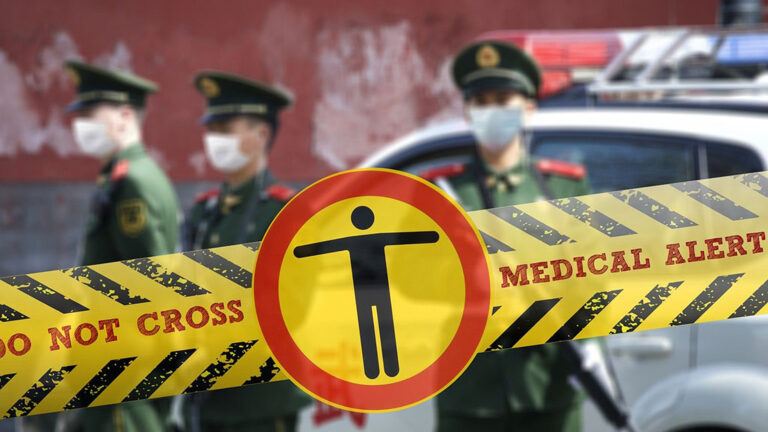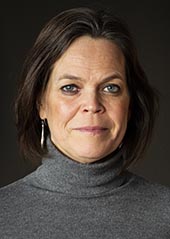Increased police violence, censorship and attacks on the opposition. These are some of the effects of more and more authoritarian regimes around the world using the corona crisis to gain more power. The aid organization Forum Syd is now calling on the government to use the democracy initiative to protect democracy and human rights from the coronavirus.
The whole world is currently being shaken by the corona crisis. A pandemic that struck with full force and which, in addition to human tragedies, will have consequences that are impossible to foresee. All available resources are now being deployed to stop the spread of infection. At the same time, warning voices are being raised that the development of democracy and fundamental freedoms and rights are being threatened when countries around the world introduce drastic measures to combat the virus.
Even before the corona pandemic, the world was in a downward trend in democracy and human rights. It was therefore welcome when the government last year presented its democracy initiative with the aim of strengthening democracy globally. The context of this work has changed radically in just a few months. In the wake of the corona crisis, more and more countries continue to move in an authoritarian direction.
In Cambodia, the regime is strengthening its power and control over the population. The government has presented proposals for exemption laws which, in addition to banning meetings and citizens 'freedom of movement, also give the authorities the opportunity to revoke organizations' permits, seize their assets and intercept and censor communications. Violations of the law can be punished with up to ten years in prison and a large fine.
The police strike brutally
In Kenya, police brutally crack down on people who defy the country's curfew. At the beginning of the outbreak, the number of deaths due to police violence exceeded the death toll for covid-19. A 13-year-old boy was shot dead in connection with a check of the curfew and people have been attacked by police when they took relatives to hospital. Increased police brutality is also reported in other African countries, including South Africa and Uganda.
In the Philippines, President Duterte has called on the police and military to kill those who violate the harsh quarantine if necessary. 20 people have been arrested for not following the restrictions. There are reports of poor people being imprisoned and homeless being hunted down.
In many countries, already vulnerable groups are severely affected by strict curfews. In Colombia, street vendors and others working in the informal sector find it difficult to make ends meet. Women and migrants from Venezuela are particularly hard hit.
In Azerbaijan, there is great concern that President Aliyev is using the corona pandemic for his own political purposes. He has made statements that the pandemic may require a crackdown on the opposition - described as provocateurs and enemies. In addition, he has spoken of measures against those who spread "false information that could harm the lives or health of citizens".
Censorship is increasing
Disseminating information about the pandemic has proven to be dangerous in many countries. In Cambodia, several people have been arrested for sharing information about the virus on social media. It turned out that several of those arrested were from the banned opposition party. The Kenyan government has warned the media about reporting deviating from the official picture - and bloggers have been arrested on charges of spreading fake news. Censorship is increasing around the world and large-scale surveillance projects are being tested in many places.
According to international conventions on human rights, countries have the opportunity to take extraordinary measures on exceptional occasions. But the measures must be proportionate and necessary and must not be discriminatory. The measures must not be used for repressive purposes and they must respect fundamental rights, such as freedom of expression.
The new threats to democracy in the wake of the pandemic must be given the highest priority in the government's commitment to democracy. An important part of the investment was the democracy talks that Swedish embassies would hold around the world. The talks aim to strengthen civil society, create debate and discuss democracy and its principles. They must have a special focus on engaging young people. It is more important than ever that these talks are held as soon as possible, especially in those countries where the development of democracy is now further backwards. These conversations must be inclusive and vulnerable groups must be invited. Supporting democratic forces in the countries becomes even more important.
The fight against covid-19 must not be an excuse for countries to jeopardize democracy and the rule of law. State of emergency and strict laws must not become permanent once the crisis is over. The government must use the democracy initiative to ensure that democracy and human rights do not fall victim to the corona pandemic.


